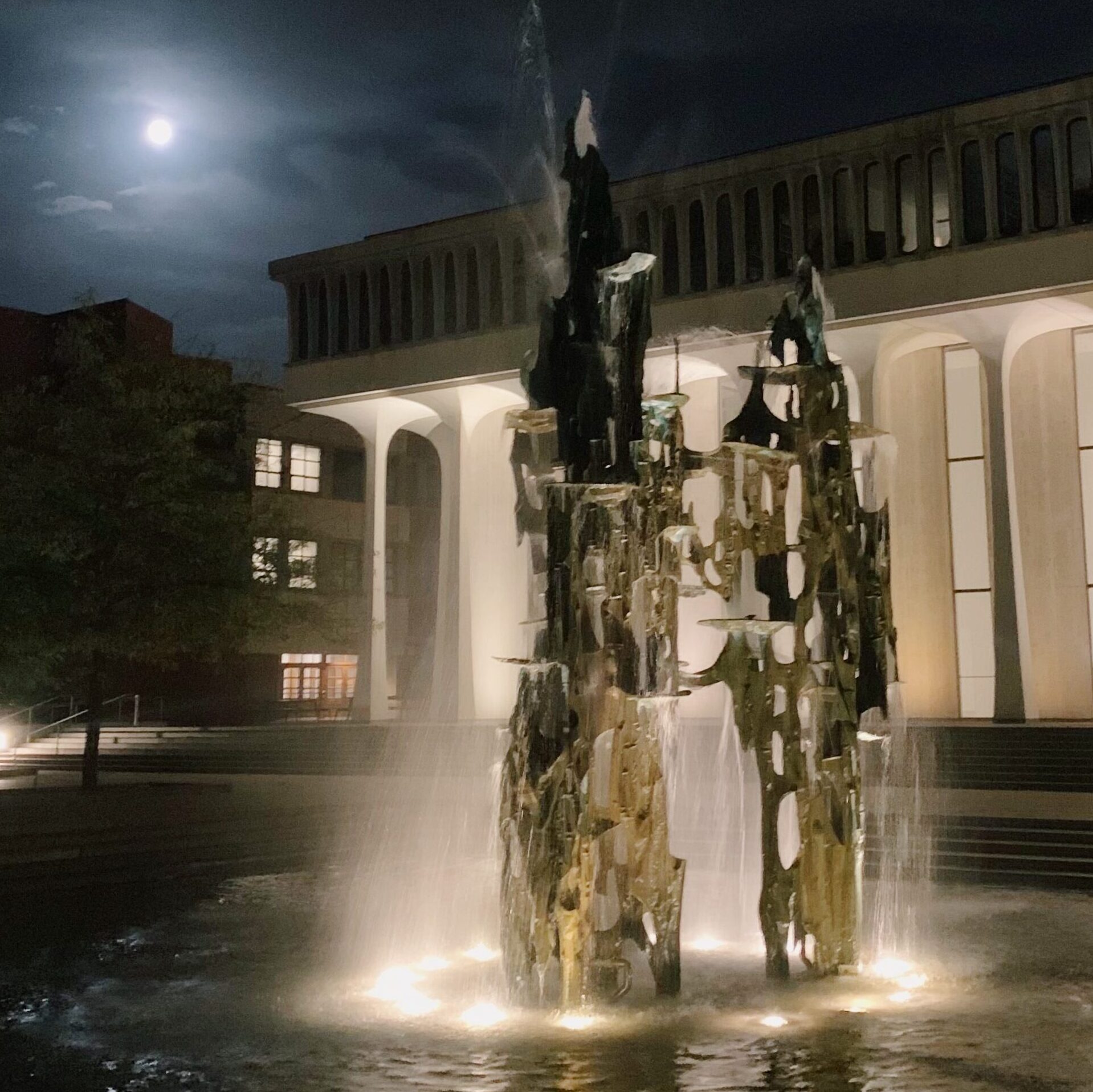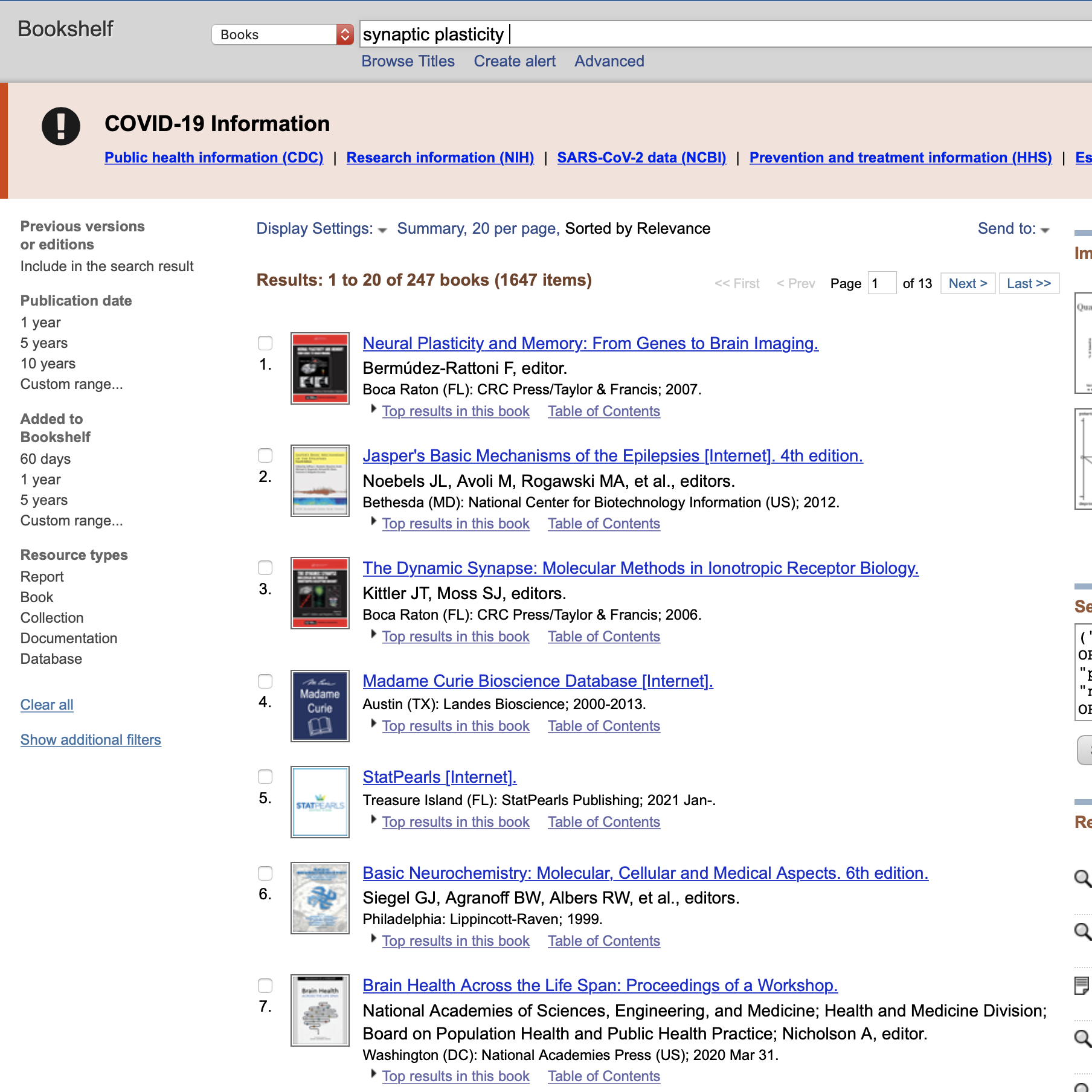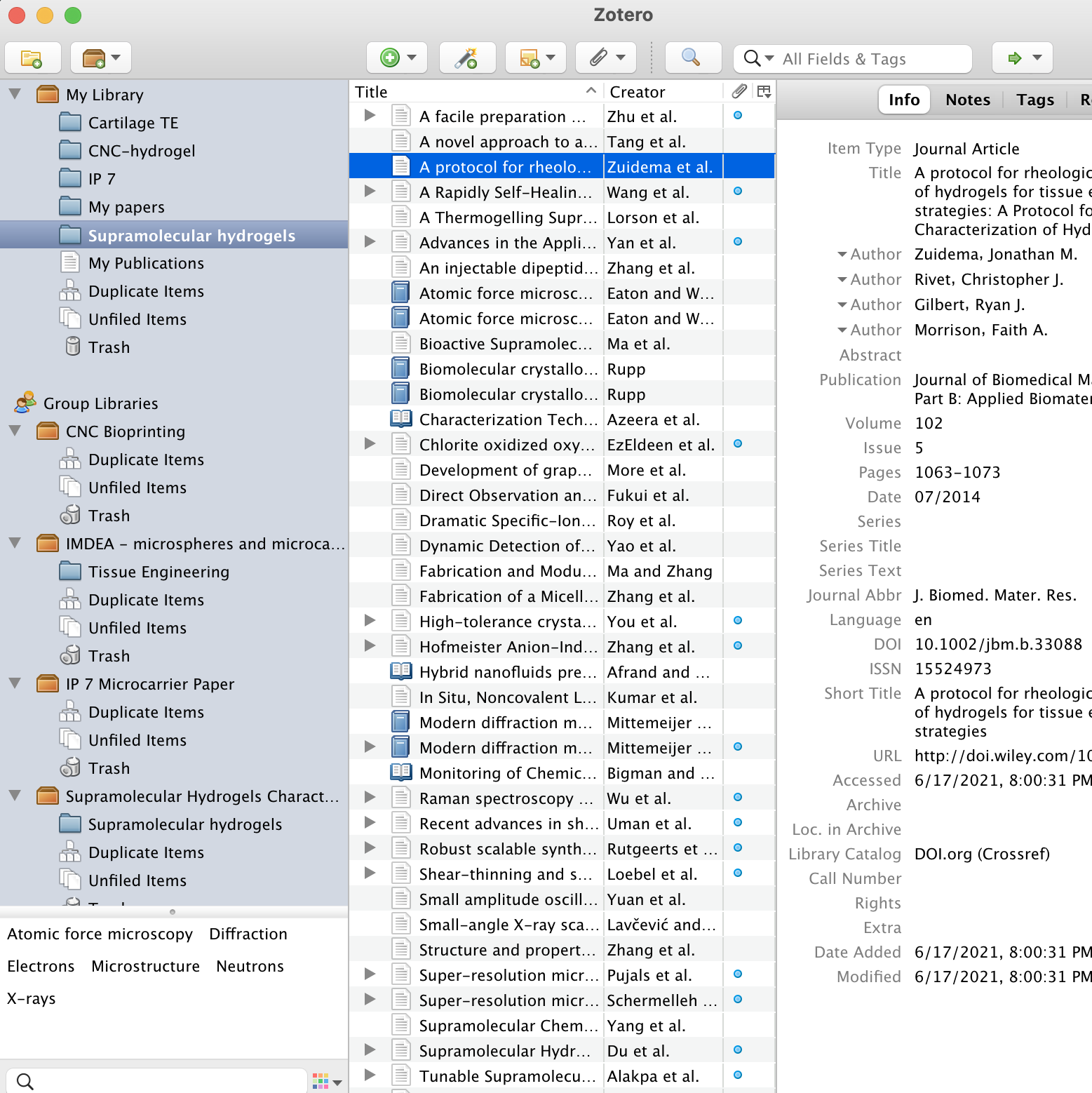On campus, I am a Residential College Adviser in Whitman College. It is by far the most meaningful part of my Princeton experience and I am thankful every day to have such amazing advisees (zees). In the fall, I decided to interview some of my zees on the incredible research that they have done on campus and how they became involved in this research. My freshmen show that research does not always mean working in a lab or on a senior thesis like many often assume. There are so many different ways to become involved with research on campus, whether it’s through writing a paper or joining an academic club. My hope is that seeing the research that my zees did last semester will inspire you to do your own and also show you what research on campus can look like for first years. So, without further ado, here is the research conducted by the most legendary zees of all time:
Continue reading What are First-Years Researching? An Interview With My Legendary ZeesGraduate Studies and Careers in Public Service: an Interview with Professor Iqbal Zaidi – Part 1
In one of my previous posts about taking advanced courses in Princeton, I mentioned that I ended up taking two courses with Professor Iqbal Zaidi – ECO 353 (International Monetary Economics) and this fall, ECO 322 (Econometric Tools for Research in Macroeconomics) – both of which turned out to be some of my favorite experiences at Princeton. I recently interviewed him to know more about his career and how he came to specialize in international macroeconomics. After completing his Ph.D. from Princeton, Professor Zaidi worked for three decades at the International Monetary Fund (IMF), working in several positions and going on to serve on its Executive Board and manage IMF offices in Africa and Asia. He is now back at his alma mater, teaching specialized courses in macroeconomics. He also serves as an A.B. Academic Adviser.
I am dividing the interview into two parts. In the first part of my interview with Professor Zaidi, I concentrate on his career – specifically, what made him join the IMF after completing his Ph.D. at Princeton. The second part continues with his experience at the IMF and we then segue into his life in academia and what he loves about teaching and advising in Princeton.
Continue reading Graduate Studies and Careers in Public Service: an Interview with Professor Iqbal Zaidi – Part 1New to Zotero? A Guide to Using Reference Management Applications
Before this summer, I had never heard of Zotero, Mendeley, or any reference management applications, and instead, I usually turned to APA or MLA style guidelines and did my citations by hand. However, it can be cumbersome to manage all the references at once, especially when writing papers that have a seemingly never-ending list of references. This is where Zotero or Mendeley can help out. I first started using Zotero during my summer internship when I was writing two biomaterials review papers, which I mentioned in my last post. Both of these papers had around 120 references, making a reference manager like Zotero an essential tool for keeping track of all the citations.
I would highly recommend using a reference manager for longer projects or papers, such as for junior independent work or senior theses, because it helps with organization and saves you time when adding references. In this post, I put together a guide for using reference managers, specifically Zotero because I am most familiar with it. However, take a look at this previous post on using Mendeley if you want to learn more about that.
Continue reading New to Zotero? A Guide to Using Reference Management ApplicationsPlanning For Advanced Elective Courses at Princeton
One of the most exciting parts of the academic experience at Princeton is undoubtedly getting to take advanced (3-400 level) elective classes in your concentration. While all classes at Princeton are valuable, elective classes can provide a unique opportunity to have a more personalized learning experience – the classes are often much smaller, with some classes having as few as 5 students – while getting to learn about somewhat more niche disciplines that professors are both specialized in and are more passionate about. However, sometimes the embarrassment of riches can be a problem. The sheer number of truly incredible and interesting advanced courses that are offered at Princeton can make it difficult to choose which courses to take, especially when your course slots are taken up by concentration and certificate requirements as well as either the AB or BSE general requirements. I went through such an exercise myself, and in this post, I hope to offer some insight on how to choose courses based on my experiences at Princeton.
Continue reading Planning For Advanced Elective Courses at PrincetonDear First Time Coders, You Can Do It

“I can’t code,” I told my friends when I realized that I had to take a statistics course for my major that required coding. “I don’t understand it,” I told them. I had never coded before and the thought of creating algorithms on a computer sent shivers down my SPIA spine. I loved math in high school, and coding always seemed interesting to me, but rumors about Princeton math courses, as well as computer science courses, had me sprinting away from Fine Hall. But then, I realized I had to take a statistics course for SPIA. I had to face my fear of R, or the programming language that most SPIA statistics courses use for statistical computation. I didn’t think that I could do it, but I did. And, I ended up loving it. I faced my fears, learned how to code, and you can too.
Continue reading Dear First Time Coders, You Can Do ItMy Virtual Global Seminar Experience: Jumping in Foreign Water
In the summer of 2021, I participated in a virtual global seminar in Cyprus entitled Conflict, Borders, Multilingualism, Translation. I was particularly drawn to the idea of learning about Cyprus’ history and culture through the lens of multilingualism and translation. Personally, language has always played a key role in my understanding of identity and culture. Three languages are spoken in my home (Filipino, English, and Chinese Hokkien), and growing up in this way has made me very conscious of language-culture influences, code-switching, and nuances in connotation.
Applying to this global seminar was a spontaneous decision; I major in MAE and am more used to spending my summers doing research and technology. However, when I read about this seminar in an email, I knew that it aligned with my personal interests in the social sciences. Because of the great time I had during the seminar, I am writing to motivate people to take advantage of the breadth of courses offered by Princeton and try studying something totally spontaneous and new!
Continue reading My Virtual Global Seminar Experience: Jumping in Foreign WaterNCBI: An Invaluable Tool for Life Sciences Classes and Research!
Have you ever come across something in class that you wish you could get a better Have you ever been wondering more about how proteins are made in the body? Or have you ever been looking for a specific type of lab experiment protocol for your independent work? If yes, then look no further than the National Center for Biotechnology Information (NCBI) website! It contains dozens of resources, some of which I have found to be very handy in my own research and school experiences. The site is tailored for students in the life-sciences field, but there is a lot of breadth in the resources available—you’ll be able to find useful tools regardless of whether you’re a MOL or CHM major, or if you’re interests lie in researching chemically synthesis mental health, or neurodegenerative diseases.
A very useful tool on the NCBI website is Bookshelf. There is a search bar at the top of the website where you can input some topic, book title, or field name, and the program will return a variety of different reference materials relating to the query, including full scientific textbooks, book chapters, studies. On the side, there are often figures and graphs that may relate to your search.

Back to the Classroom: How to Readjust to In-Person Exams
With midterms being in full swing this week, you’ve most likely started reviewing concepts and studying for these exams. However, another crucial part of the preparation process is to readjust to the in-person exam experience. After a year and a half of taking exams virtually, it is important to recognize that exams in the classroom will look and feel very different, so don’t let that take you by surprise. Whether you are studying for midterms or want to start thinking about final exams, here are a few key tips when it comes to taking exams at Princeton in person:
Continue reading Back to the Classroom: How to Readjust to In-Person ExamsIt’s Midterm Season: 6 Tips for Success on Midterms
Midterms start this week. I know; I also had to read that twice because I could not believe it. Time is flying on campus and it has been amazing, but with everything going on it can be difficult to stay motivated and study for midterms. Nonetheless, I believe in myself and all of you reading this post! We will make it through midterms and we will succeed. Here are the tips and tricks that I am going to use to perform my best, and I hope that you can use them too:
Continue reading It’s Midterm Season: 6 Tips for Success on MidtermsMaking Use of Office Hours
With classes in full swing, I thought I would share my thoughts on what is a woefully underused resource at Princeton: office hours. Going to office hours has been an extremely valuable tool for me in completing problem sets, studying for tests and exams, and connecting with professors. So read ahead for some advice and observations I’ve made!







